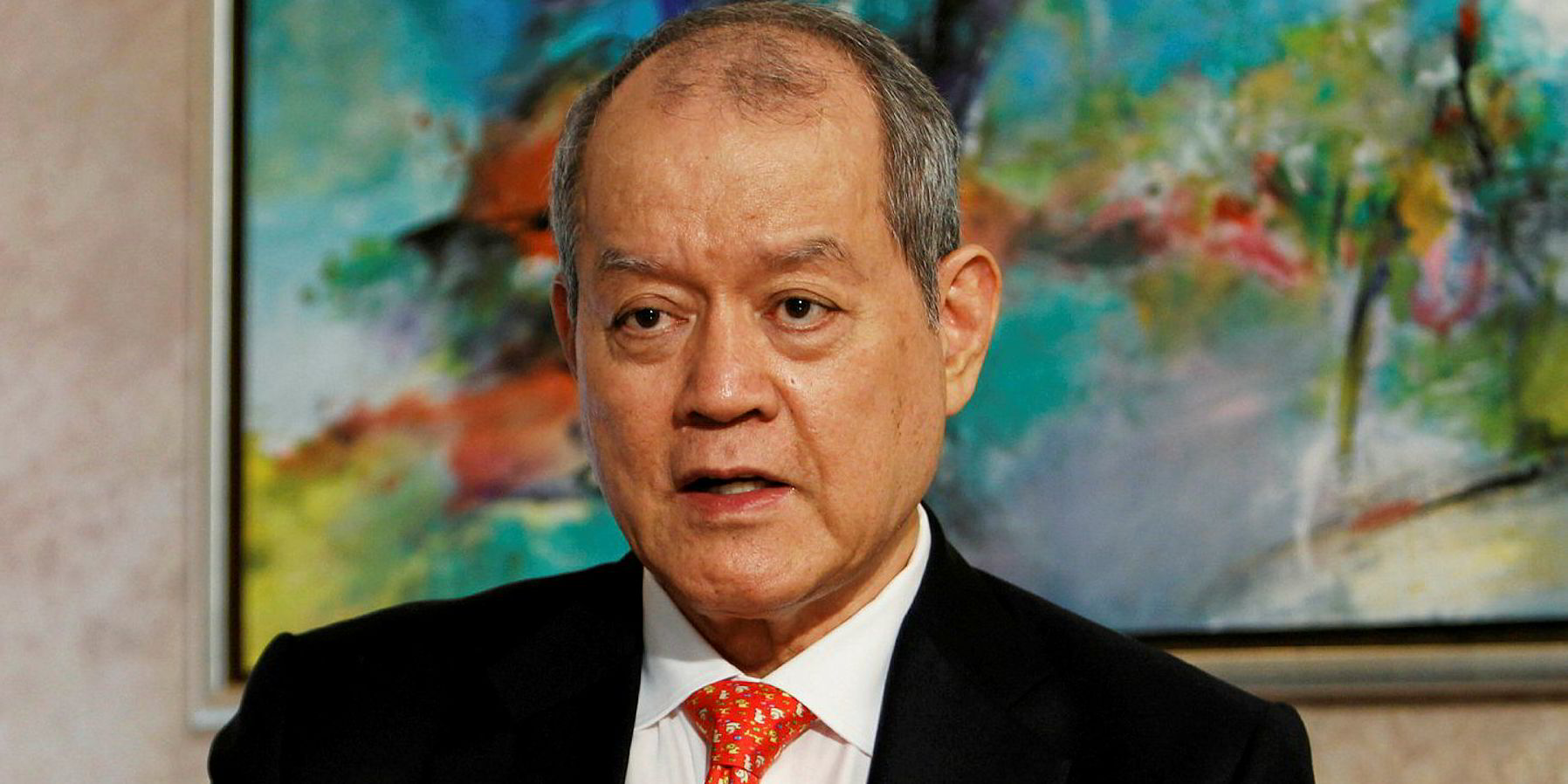A central registry for collateral pledged in loans is one of many measures that are on the table of a working group comprising of commodity trade financiers and backed by regulatory bodies in Singapore.
The measures are aimed at preventing a repeat of the billions of dollars in defaults, which reverberated through shipping and finance markets, caused by the recent collapses of Hin Leong Trading and several other commodities houses.
Commodity trade finance chiefs from about 20 banks, including HSBC, DBS Bank and OCBC Bank, have formed a working group to propose new guidelines that could help improve transparency and reduce risks for banks, Reuters reported on Friday.
Many European lenders were also said to be part of the working group.
Commodities trading accounts for 4.5% of Singapore's GDP and the news agency described the working group as the strongest response yet by lenders and regulators to shore up confidence in a sector that contains many privately held firms and complex supply chains.
The Monetary Authority of Singapore, Enterprise Singapore (ESG), the Accounting and Corporate Regulatory Authority (ACRA) and the Association of Banks in Singapore (ABS) confirmed the moves to boost the city-state's commodity financing standards.
The goal is to establish a set of best practices that will help to boost transparency and trust in the city-state's commodities financing sector.
"These practices will strengthen banks' lending standards and facilitate continued lending to trading companies," Ho Hern Shin, assistant managing director of banking and insurance at the Monetary Authority of Singapore, told Reuters.
Proposals such as the central registry for collateral pledged in loans come after investigations into commodity trading firms revealed that multiple layers of financing from different lenders were obtained for the same inventory.
Banks have been stung by an estimated $5.35bn as a result of the collapses of Singaporean traders Hin Leong and Agritrade International alone.
Both companies have been accused of obtaining multiple financing for the same cargoes from banks by providing duplicate documents, and in Hin Leong’s case, securing financing for cargoes of oil that either did not exist or belonged to other parties.
Similar allegations were made against other failed Singaporean traders including ZenRock Commodities.
Step in the right direction, although pushback expected
Singapore-based legal sources involved in commodities trade finance told TradeWinds that the moves to draft best-practice guidelines are a step in the right direction, but structural changes are still needed to correct the disconnect between what is written on paper and what happens down on the dock.
Commodities and shipping lawyer Baldev Bhinder, managing partner of legal firm Blackstone & Gold LLC, said trust still plays a large role in commodities financing.
“Banks don’t have the ability to physically check each and every cargo," Bhinder said. "There is still a misalignment between trade finance documents sitting in a bank and physical operations.”
“It is a first step in the right direction. Best-practice guidelines are good, and it will help with due diligence and risk management. But I don’t see how a code of conduct can correct any disconnect between physical and paper without being followed up by robust structural changes.”
Bhinder suspects that there may also be significant pushback from traders who are already facing tightened credit and stepped up scrutiny of existing loans — measures that some claim have already led to a reduction in trade volumes in the region.
Chief executives of several commodities giants have lashed out against any blanket proposals to tighten trade finance regulations that have been suggested since Hin Leong's collapse.
Trafigura chief executive Jeremy Weir said calls for tighter controls on the sector were “off target” as the model of the global commodity trading firms was “quite different” from that of localised operators.
He claimed smaller ones were in trouble because of weak hedging policies and speculative trading positions, and not from physical trade.
Gunvor chief executive Torbjorn Tornqvist distanced global traders from the scandals that have rocked Singaporean players by blaming their woes on the country's loose lending practices.
He said small traders had received too much financing because of "a combination of competition and excess banking liquidity in the Singapore market". These, he said, had led to a "spiralling cycle of loosely structured credit facilities".
Trade finance sources familiar with the working group said Tornqvist's complaint is exactly what the banks are trying to address, but it is too early to tell what guidelines they will come up with, and how these will be applied across the industry.










